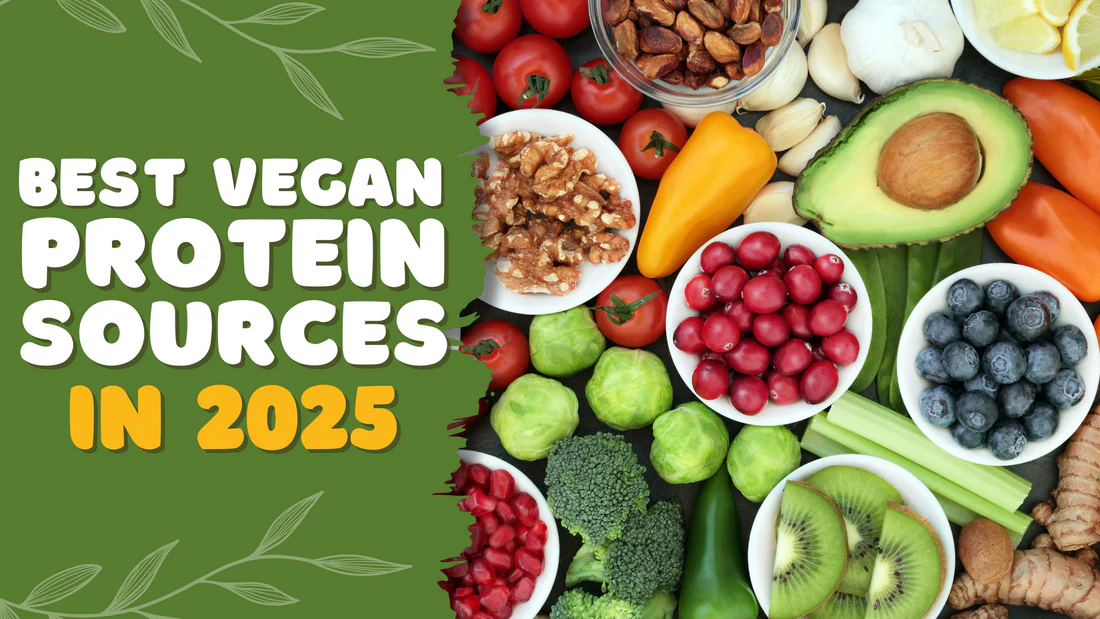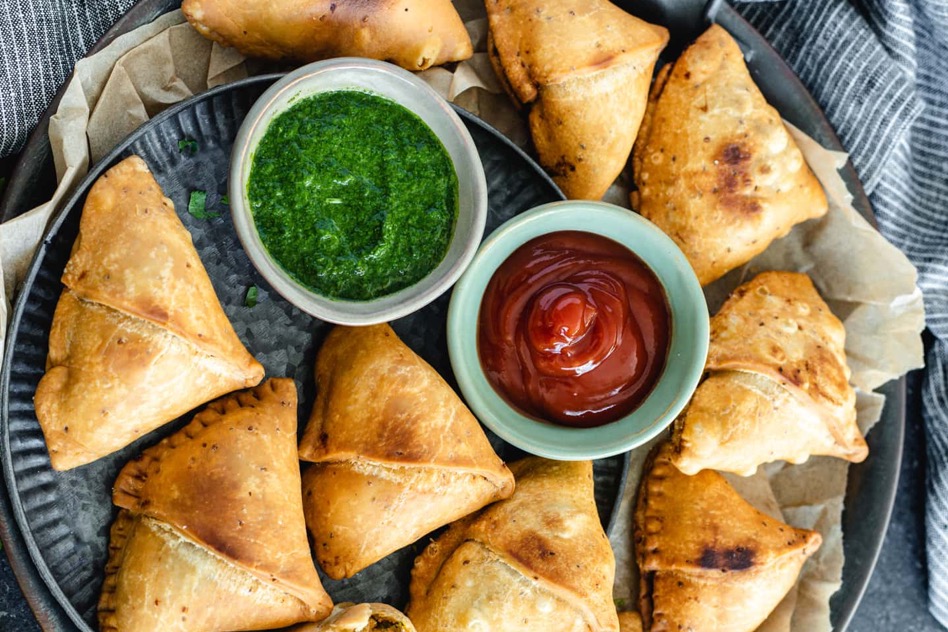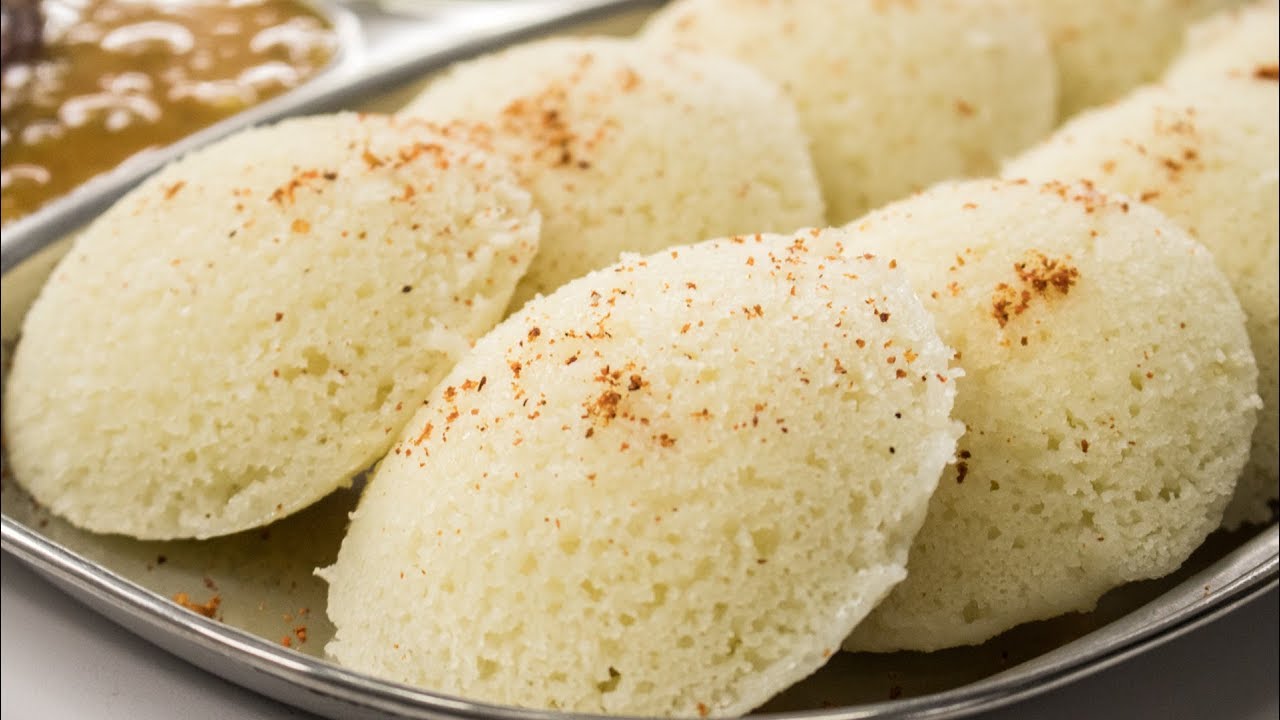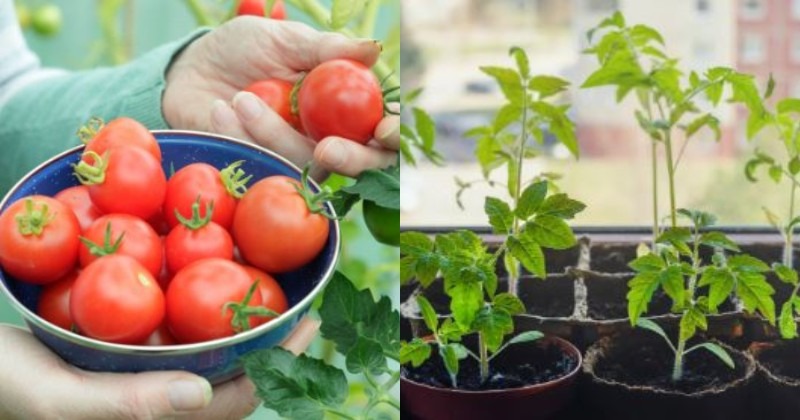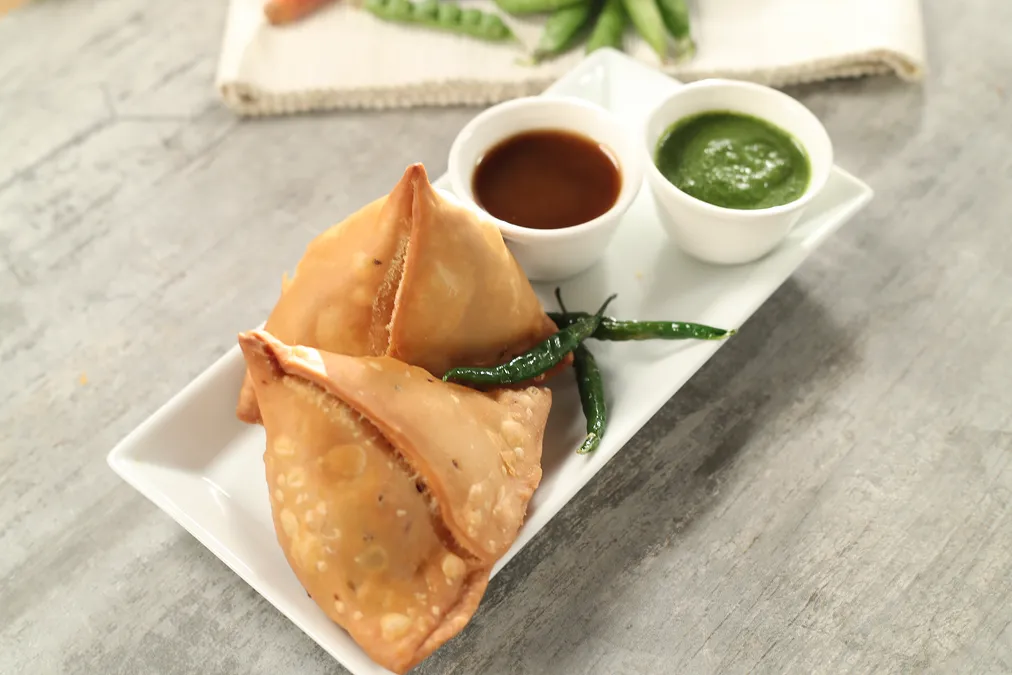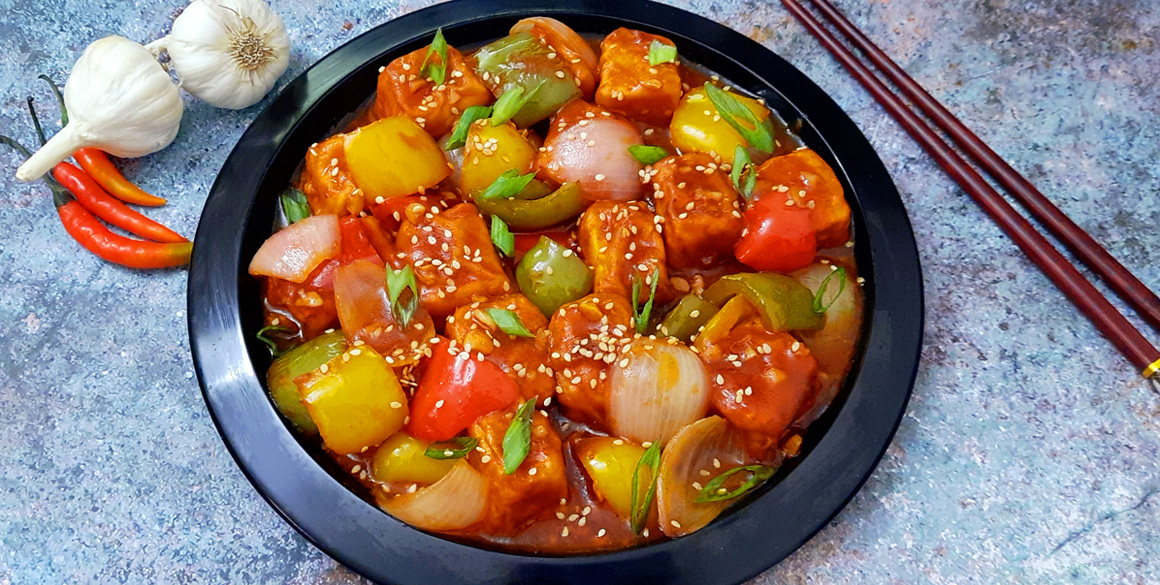Protein is an important nutrient that helps in building muscles, repairing tissues, and keeping the body strong. Many people think that meat, fish, or eggs are the only good sources of protein. But that is not true. There are many plant-based protein options that are healthy, filling, and suitable for vegetarians and vegans. In India, a large part of the population already eats a vegetarian diet. With the right choices, it is possible to get enough protein without meat.
Why Protein Is Important

Protein plays many roles in the body. It helps in building muscles, maintaining healthy skin, nails, and hair, and supporting hormones and enzymes. It also gives energy and keeps you full for a longer time. For children, protein is very important for growth and development. Adults need protein to maintain strength and immunity.
The recommended protein intake depends on age, gender, and activity level. On average, an adult needs around 0.8 grams of protein per kilogram of body weight daily. For example, if you weigh 60 kg, you should aim for around 48 grams of protein every day. Athletes or people with active lifestyles may need more.
Best Plant-Based Protein Sources in India
India has many protein-rich vegetarian foods. Here are some of the most common and nutritious ones:
1. Lentils (Dal)
Lentils are a staple food in Indian households. Dal is rich in protein and also provides iron, fiber, and folate. A single cup of cooked dal has around 18 grams of protein. Masoor dal, moong dal, and toor dal are great choices.
2. Chickpeas (Chana)
Chickpeas are very versatile. You can make chole, hummus, or roasted chana as a snack. One cup of chickpeas gives about 14 grams of protein. They are also rich in fiber and help in digestion.
3. Kidney Beans (Rajma)
Rajma is another favorite in India. A cup of cooked kidney beans contains about 15 grams of protein. Rajma chawal is not only delicious but also a balanced meal when paired with rice and vegetables.
4. Soy Products
Soy is one of the richest plant protein sources. Soybeans, tofu, soya chunks, and soy milk are excellent options. Tofu is a great alternative to paneer for vegans. A 100-gram serving of tofu contains about 8 grams of protein.
5. Quinoa
Quinoa is not traditionally Indian but has become popular for its health benefits. It is a complete protein, which means it has all nine essential amino acids. One cup of cooked quinoa provides around 8 grams of protein.
6. Nuts and Seeds
Almonds, peanuts, walnuts, sunflower seeds, chia seeds, and flaxseeds are rich in protein and healthy fats. A handful of almonds gives around 6 grams of protein. Seeds can also be added to smoothies, salads, or parathas.
7. Green Peas
Green peas are often overlooked but they are rich in protein. One cup of peas has about 9 grams of protein. You can add them to curries, rice, or pulao.
8. Whole Grains
Brown rice, oats, wheat, and millets like ragi, bajra, and jowar provide good amounts of protein. They are also rich in fiber and essential minerals.
9. Paneer and Dairy Products
For vegetarians who consume dairy, paneer, curd, and milk are great sources of protein. Paneer has around 14 grams of protein per 100 grams. Greek yogurt is also protein-rich and good for gut health.
10. Sprouts
Sprouted moong, chana, or mixed beans are rich in protein and easier to digest. Sprouts can be eaten raw in salads or cooked lightly with spices.
How to Combine Foods for More Protein

Sometimes plant-based foods do not contain all essential amino acids. But when you combine different foods, you get complete protein. For example:
- Rice with dal (classic khichdi)
- Rajma with rice
- Chapati with curd or paneer
- Quinoa with vegetables and beans
This combination makes Indian meals not only tasty but also balanced.
Common Myths About Plant-Based Protein
Myth 1: Only meat has enough protein.
Truth: Many plant-based foods have equal or more protein than meat when eaten in the right quantity.
Myth 2: Vegetarians and vegans cannot build muscles.
Truth: Many athletes and bodybuilders follow a plant-based diet and still gain strength.
Myth 3: Plant proteins are incomplete.
Truth: By eating a variety of plant-based foods, you can get all essential amino acids.
Tips to Increase Protein Intake on a Vegetarian Diet
- Add lentils and pulses to your meals every day.
- Use soy products like tofu or soya chunks in curries and stir-fries.
- Snack on roasted chana, peanuts, or seeds.
- Drink protein-rich smoothies with nuts and seeds.
- Include sprouts in breakfast or salads.
- Try new grains like quinoa, ragi, or bajra.
- If you consume dairy, add paneer and curd regularly.
FAQs on Getting Enough Protein Without Meat
Q. Can I get enough protein without eating meat or eggs?
Yes, a balanced vegetarian or vegan diet can provide all the protein your body needs.
Q. What are the best protein-rich foods for vegetarians in India?
Dal, chickpeas, rajma, paneer, soya chunks, tofu, nuts, seeds, and millets are excellent options.
Q. How much protein do I need daily?
On average, adults need 0.8 grams of protein per kg of body weight. A 60 kg person needs about 48 grams of protein daily.
Q. Are plant proteins as good as animal proteins?
Yes, when consumed in variety, plant proteins are equally effective for health and muscle building.
Q. Is protein powder necessary for vegetarians?
Not always. If your diet includes enough protein-rich foods, you may not need supplements. Protein powders are only useful if you cannot meet your daily needs through food.
Final Thoughts
Getting enough protein without meat is simple if you choose the right foods. India has a long tradition of vegetarian meals that are naturally rich in protein. Dal, rajma, chana, soy, paneer, nuts, and millets are everyday ingredients that make a balanced diet.
By combining different plant-based protein sources, you can build strength, stay full, and maintain good health. A vegetarian or vegan diet is not only nutritious but also eco-friendly and sustainable.
Eating protein-rich vegetarian foods daily is the key to a strong, healthy, and active life.
Author- Ayush

